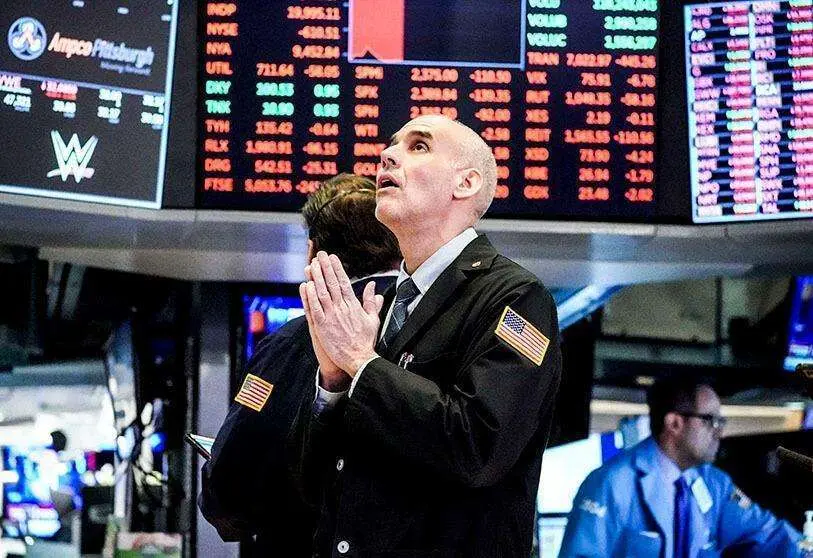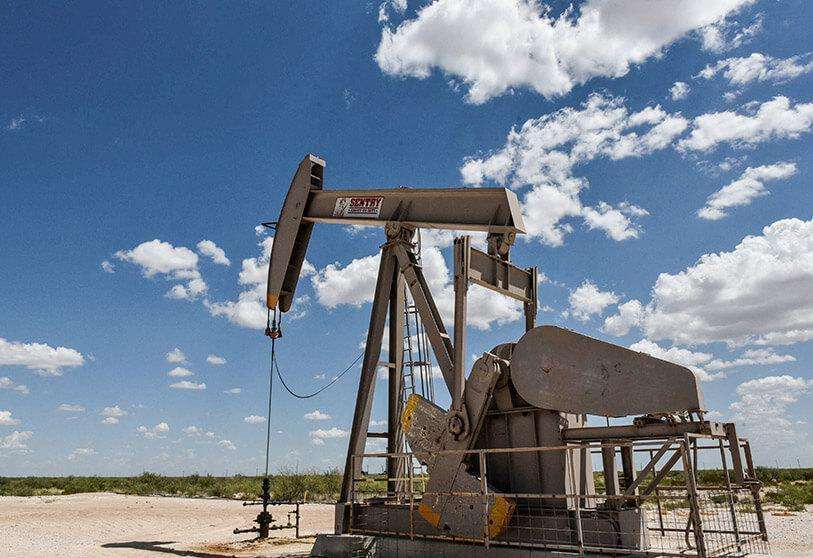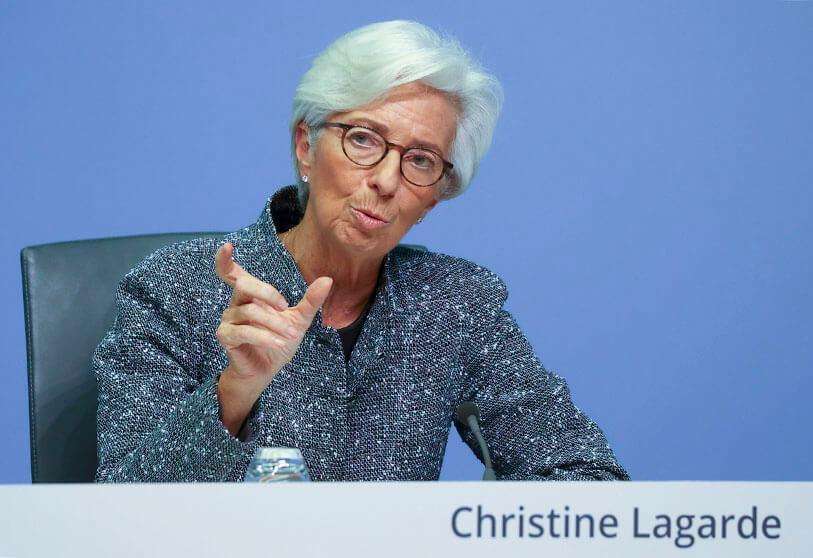Rising inflation threatens global economic recovery

The world economy is facing a very precarious situation. The economic recession generated by the COVID-19 pandemic has been followed by the war in Ukraine, slowing down the recovery.
After a 2020 marked by confinements and an economic recession that affected every major economy in the world except China, the post-COVID recovery is now in jeopardy as the global economy comes under increasing stress.
The main factor dragging down growth is skyrocketing inflation, which is breaking records almost everywhere in the world. Even before the start of Russia's invasion of Ukraine, prices were rising rapidly, driven by the rapid increase in the value of commodities, the imbalance between supply and demand, the supply chain crisis and the monetary policies adopted by the various central banks to deal with the economic consequences of the pandemic.

But these trends were exacerbated by the war, driving up the prices of energy, raw materials, food and other commodities. And China's zero COVID confinements, which have created severe bottlenecks in the country's main ports, particularly in Shanghai, have caused delays and disrupted global supply chains, in which the Asian giant plays a leading role, further increasing inflation.
In the eurozone, inflation reached 8.1% in May, 0.7% higher than in April, with energy price inflation reaching 39.2%. Meanwhile, in the United States it reached 8.6%, the highest since 1981, then in the midst of the oil crisis, with energy rising to 34.6%. In both economies, by 2021 inflation had settled at around 2%.
As a result, what might at first appear to be a "V" shaped recovery, i.e. fast and vigorous, and was then seen as a "U" shaped recovery, more progressive and slower, is now set to take on an "L" shape, very slow, while almost all economic agencies and central banks are limiting the outlook for economic growth.
The International Monetary Fund (IMF) continues to downgrade its forecasts for world economic growth, which in April it estimated at 3.6% for both 2022 and 2023, down 0.8% and 0.2% from its January projections. Meanwhile, in May, the European Commission lowered its estimates for EU-27 GDP growth to 2.7% in 2022 and 2.3% in 2023 from 4.0% and 2.8% in February.

Now, there are growing fears that the global economy could enter stagflation, i.e. inflation without economic growth, although economic growth data remain positive in most world economies.
At the same time, such high inflation, with soaring energy and food prices, worsened by the war, increases the risk of social unrest, particularly in Third World countries.
To combat high inflation, the Federal Reserve on Wednesday raised interest rates by 0.75% to between 1.5 and 1.75%, the biggest increase in three decades, in the kick-off to a tougher monetary policy by the US body, with another increase of between 0.50 and 0.75% likely at the central bank's next meeting, according to its chairman, Jerome Powell.
In addition, the Fed is expected to raise interest rates to around 3.8% in 2023. With this move, the Fed expects inflation to fall to 4.3% this year and 2.7% in 2023, moving closer to its 2% target. But the side effect of the interest rate hike may be a slowdown in economic growth and even a slide into recession.

The European Central Bank (ECB) also announced its intention to allow interest rates to rise, which it will do in July and September, at the same time as the Euribor has reached 1%, and it is estimated that it could exceed 2.5% in 2023. The ECB, in turn, also affirmed its decision to stop buying bonds in the market. In this way, like the Federal Reserve, the ECB would be giving up part of the economic growth in exchange for reducing inflation in any way it can.
However, in the case of Europe, this announcement led to a sharp rise in the risk premiums of several of the eurozone's most vulnerable economies, such as Spain and Italy, threatening it with financial fragmentation.
Fearing a repeat of the 2012 crisis, which put the existence of the common currency at risk, the ECB agreed to "provide flexibility" in the way it reinvests the maturities of the 1.7 trillion euro special pandemic programme (PEPP), allowing it to redirect its investments to the countries with the most stressed debt. At the same time, the central bank announced that it would begin work on the creation of a new anti-fragmentation instrument.
Americas Coordinator: José Antonio Sierra.









